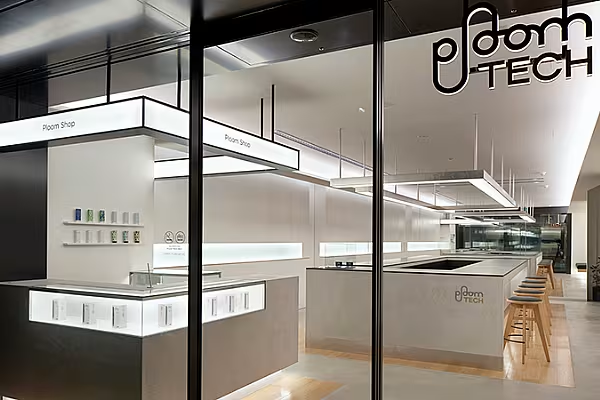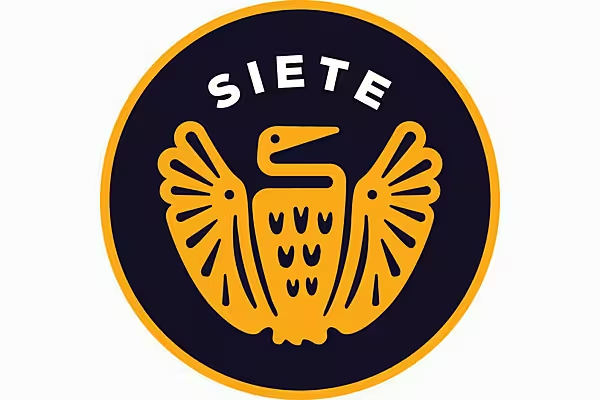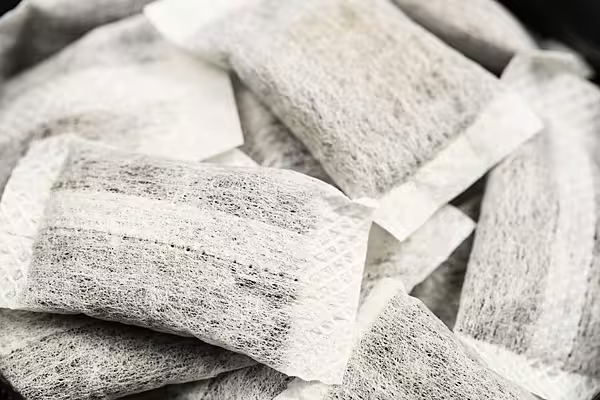Japan Tobacco Inc is set to slash prices on its heated tobacco products early next week after a similar move by bigger rival Philip Morris International Inc, signalling increased competition in Japan's nascent market for alternative cigarettes.
Japan, where regular e-cigarettes with nicotine-laced liquid are effectively banned, has become the main market for "heat not burn" (HNB) products which emit less smoke and smell less than conventional cigarettes. The country accounts for over 90 percent of the $5 billion HNB market, according to Euromonitor.
Strong Demand
Tobacco makers initially struggled to keep up with strong demand as they began introducing HNB products in limited Japanese markets a few years ago. But they have since ramped up production, with investors now worried about slowing growth.
Japan Tobacco said it would cut the price of its Ploom TECH device to 3,000 yen ($27.61) from 4,000 yen, timed with the official start of nationwide sales on Monday.
"We are finally prepared and confident that we can reverse our position and go on the offensive," said Chito Sasaki, president of the company's domestic tobacco business, told Reuters.
The company, while a dominant player in Japan's cigarette market with a 60 percent share, has been lagging rivals in the HNB category. Philip Morris, which was first to start selling HNB products in Japan in 2014, claims iQOS has a 16.8 percent share in Japan's overall tobacco market, including conventional cigarettes.
IQOS Disappointment
Philip Morris has said it will cut the price of its tobacco-heating device iQOS by about 30 percent to 7,980 yen from Friday. It said the move was designed to encourage more smokers who are considering switching from conventional cigarettes.
British American Tobacco PLC (BAT) started to sell its "glo" device at 2,980 yen earlier this month, from 5,980 yen as a time-limited offer through late December.
The cuts come as analysts said the industry may need catalysts for more growth after an initial surge in sales to those eager to try out HNB products.
Philip Morris in April reported weaker-than-expected growth of iQOS devices in Japan in the first quarter, prompting a dive in company's share price.
Growth Potential
Industry officials, however, still see strong growth ahead, with Japan Tobacco forecasting HNB products accounting for 23 percent of Japan's overall tobacco market in 2018, nearly double last year's 12 percent.
A Reuters investigation in December described irregularities in the clinical trials that supported Philip Morris' iQOS application to the U.S. Food and Drug Administration.
Japan Tobacco, a former state monopoly, is still one-third owned by the government.
Japan's tobacco regulation is among the least strict among developed economies. Cigarettes command prime spots at cash registers at the country's ubiquitous convenience stores while glossy packaging carries health warnings but no graphic photos.
The government is trying to introduce an indoor smoking ban but critics say it has been watered down due to opposition from small restaurant and bar owners.
News by Reuters, edited by ESM. Click subscribe to sign up to ESM: European Supermarket Magazine.














